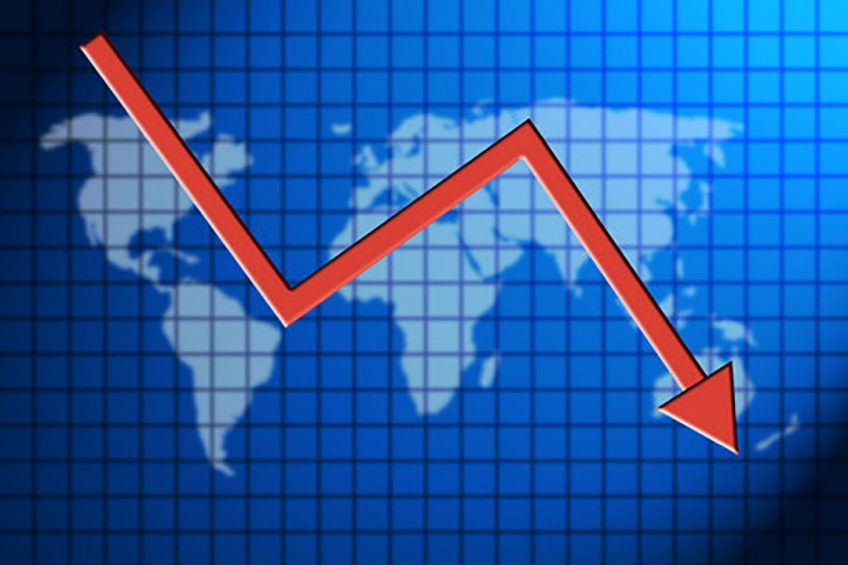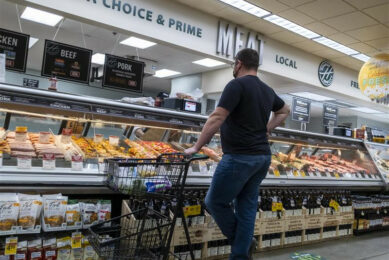Global pigmeat market upside down due to Covid-19

Nowhere in the pig industry the coronavirus (Covid-19) appears to hit harder than in the processing and food supply side of the business. Worldwide Covid-19 is having an impact on pig and pork prices, leading to uncertainty.
The world’s pig meat and pork markets have been suffering from the Covid-19 crisis in various ways. Mostly the markets have gone upside down, because delivery channels have changed. Restaurants are closed in many countries, as are foodservice companies. Distribution of pigmeat increasingly goes through (super)markets, leading to price unpredictability.
A suddenly changed pork market
In an interview with Boerderij, a sister title of Pig Progress, John de Jonge, director of the pork division within Dutch-based processor Vion, explained what the Covid-19 situation meant for its company. He said that pork exports to Southern Europe have dropped due to the closure of restaurants and the tourism season has not started up properly. On top of that, several Asian countries went into a lockdown, although China appears to be on track to recover and does not cancel orders.
It also caused the Dutch-based processor to temporarily ‘freeze’ its Pig Index Guarantee (PIG) system as from yesterday. The system allows participating pork producers to receive a bonus in case the prices Vion pays do not match those paid abroad. Once the market situation goes back to normal, the PIG system will be resumed.
USA: pig prices going downhill
As a result of Covid-19, US pig prices dropped by roughly 27% in just over a week’s time. Last Friday, the USDA average pig price stood at $ 42.88/hundredweight (about € 0.874 kg slaughter weight). One week prior, the price was at $ 58.89/hundredweight (about € 1.20/kg). As a consequence, large processors like Tyson Foods saw their revenues drop by 35-40%.
This is partly caused by sudden Covid-19-related unemployment in the US market, causing quite a number of consumers making more conscious decisions as to what to buy.

Read also: Pork demand remains strong despite Covid-19}
Pork processing operations suspended or reduced
The processing side seems to be hit hard, in a different way. In the United States, Tyson Foods suspended operations at its pork processing plant in Columbus Junction, IA, after over 25 workers had become infected with Covid-19. The plant slaughters about 10,000 pigs per day. The pigs had to be diverted to other pork plants in the region. For similar reasons, the Dutch slaughterhouse Westfort decided to work at 94% of its capacity. The plant is suffering from a shortage of staff due to Covid-19. In combination with the advice many authorities give to keep a safety distance between workers of 1.5 m (to avoid contamination), the plant cannot be run as efficiently as normally would happen.

Covid-19 Up-date
What impact is the pandemic having on the global pig sector and how are they dealing with it.
China: pork imports continue despite Covid-19
In China, business grew despite Covid-19. Total pork imports have grown strongly over the last few months, Germany’s Top Agrar reported. In January and February, pork imports doubled to reach 720,000 tonnes in total.
It does not mean that Covid-19 has had no impact on the market at all, as some importers are facing bankruptcy, Boerderij wrote. As domestic sales dropped during Covid-19 and because some imported pork shipments could not be pushed to the market immediately, their cash flow minimalised.











